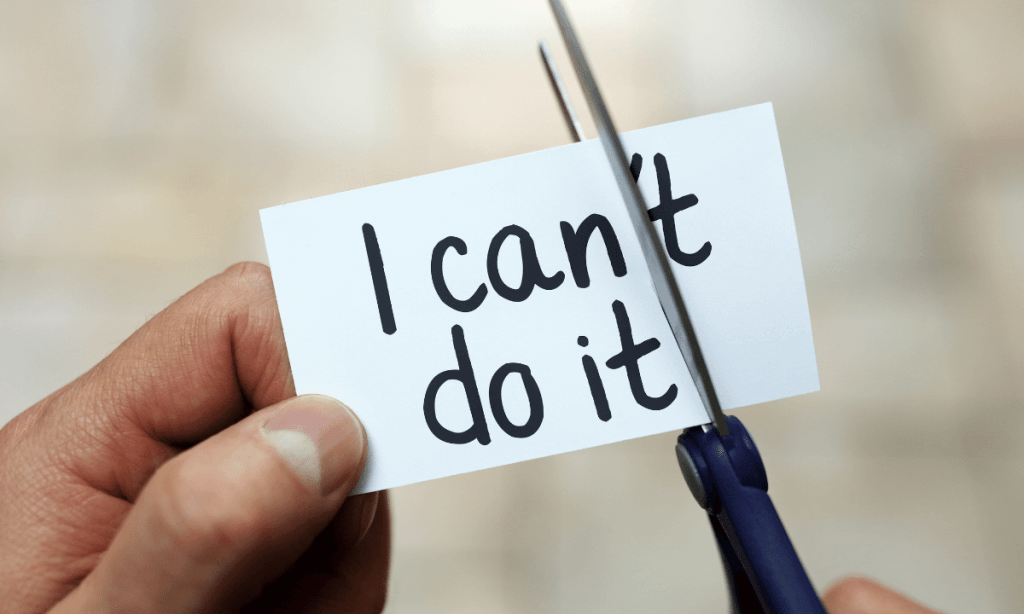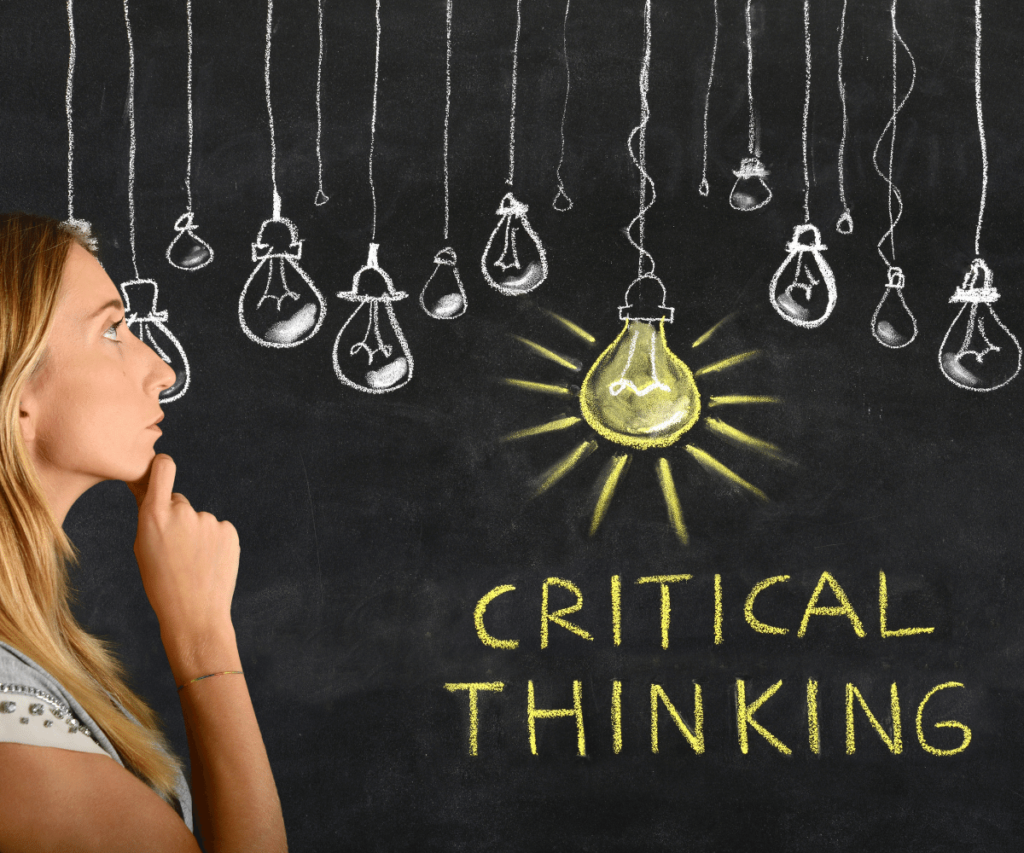One of the greatest scientists of all time, Albert Einstein said, “Education is not the learning of facts, but the training of the mind to think”. Being able to think clearly and have well-informed opinions is what makes you a critical thinker.
As you develop critical thinking abilities, you would be able to perceive, organize, and process information accurately. As a result, you would be able to make good choices to achieve success and excellence in life.
However, you need to keep in mind that one needs to cultivate the habit to critically think but most of us don’t do that. Studies show that most students are poor in critical thinking skills.
Only a fraction of high school seniors, that is, 6% of 12th graders can make critical and informed judgments about written material. Meanwhile, employers in the job sector point out that fresh graduates lack critical thinking and problem-solving skills.
However, you should not lose hope. There is a solution. You can train yourself to think critically by practicing mindfulness. Mindfulness will help you to tune in to the skills of thinking critically about situations.
It will help you to remove obstacles that hinder your critical thinking. First, I am going to share a few points with you about the obstacles that affect one’s critical thinking.
OBSTACLES TO CRITICAL THINKING
EGOCENTRIC THINKING AND GROUPTHINK
Critical Thinking is challenging given that we have all been trained to think in certain ways since childhood. However, we must retrain ourselves to think critically because it helps us to be better people.
One of the strongest barriers to Critical thinking is Egocentric thinking. The type of thinking is harmful because you think only from your perspective without trying to understand other people’s points of view.
As a result, you end up focusing only on yourself. Another mode of thinking which acts as a barrier is called Groupthink. Groupthink is a practice that happens when a group of people comes together to make decisions collectively.
The problem with Groupthink is that the desire for conformity among the members of the group leads to the erosion of critical thinking. All the members of the group more or less agree without a critical evaluation of the problem. This can lead to poor and inefficient decision making.
TIME CONSTRAIN AND ATTITUDE PROBLEMS
Time constrain is also a barrier to critical thinking. Since we function in a world where time is an important factor. All of us work towards meeting deadlines in some way or the other.
The fact that we have a clock ticking tends to stress us out. As a result, we end up submitting poor quality work without making a mental effort. Apart from time constraints, our intolerant attitude, also, acts as a barrier to critical thinking.

If you are unable to remain tolerant of different opinions, you stop having constructive discussions. This sort of communication breakdown would lead you nowhere in life.
You must remove all of these barriers to allow critical thinking to happen. You might be wondering about how to get started. It is easier than you think. Practice mindfulness.
Take little time out of the day for yourself. Find a comfortable spot and learn to practice the art of your paying attention to your thoughts, feelings, and body in the present moment. You will see a lot of changes happening to you.
USE MINDFULNESS TO DEVELOP CRITICALLY THINKING SKILLS
STRONGER INTERPERSONAL INTERACTIONS
Research shows that mindfulness has a positive impact on interpersonal relationships. A study shows that couples who practiced mindfulness were happy in their relationships.
Practicing mindfulness will help you to look at things from other people’s perspectives. This means you can put an end to situations where you say regrettable things.
Equally important in relationships is your ability to hold your ground and your perspective. Research shows that mindfulness can help you see beyond the false consensus developed among members in a group.
You also get trained in the skills of conflict management, empowerment, participation, and open‐mindedness. These processes would ensure that decision making happens in the best manner possible.
You should also practice mindfulness so that you don’t emotionally react to things that you have been conditioned to. A study shows that practicing moment to moment awareness of your thoughts and feelings can help you to accept things as they are. You learn to see and recognize old patterns of living.
BETTER TIME PERCEPTION AND EMOTIONAL INTELLIGENCE
Research shows that even 10 minutes of mindfulness meditation can alter our perception of time. A study led by Robin Kramer and his colleagues made participants practice 10 minutes of mindfulness meditation.

These participants were asked to read for 10 minutes. The study concluded that the participants felt as if time passed slowly while they read for 10 minutes. With mindfulness, you have the power to alter the experience of stress that arises with tight deadlines.
All you need to do is do 10 minutes of mindfulness meditation. Mindfulness, also, helps you to engage with others and consider their views.
In other words, you become a better thinker only if you can listen to others while keeping aside your own emotions. Mindfulness helps you to develop emotional intelligence.
This means you will be able to identify and manage your emotions along with other people’s emotions as well. You will be able to hold your ground and not get bogged down while listening to different perspectives. This prepares the ground for you to learn to think better than before.





